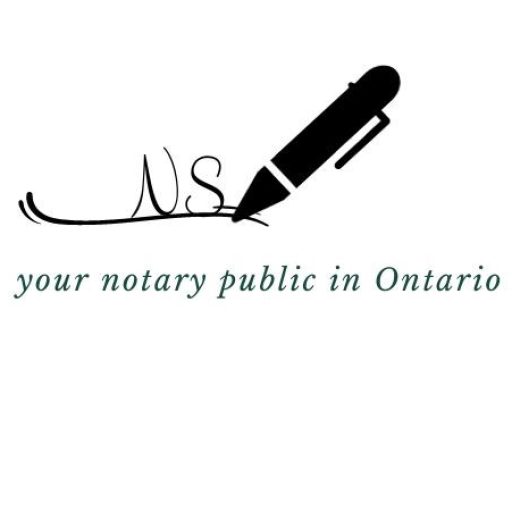The authentication process for documents intended for use abroad has changed.
Effective January 11, 2024, Canadian public documents intended for use abroad will no longer require legalization when the destination country is a party to the Apostille Convention.
On May 12, 2023, Canada deposited its instrument of accession to the Convention of 5 October 1961 Abolishing the Requirement of Legalization for Foreign Documents (The Apostille Convention), signifying its consent to be bound by the Convention.
NotaryServe can help prepare and notarize your documents for international use, ensuring they meet all requirements under the Apostille Convention. Contact NotaryServe at (613) 558-5363 for professional assistance.
Advantages of Canada’s Accession to the Apostille Convention
By eliminating the need for legalization when the destination country is a contracting party, the Convention simplifies the authentication process and makes it cost-effective.
An apostilled public document is acceptable in any of the 125 member countries of the Convention. A separate apostille is not required for each country when the document is intended for use in multiple countries, saving Canadians the extra time and money of getting the document legalized in each country where it is intended to be used.
What is Legalization
Legalization is an additional step in the authentication process, performed by a consular officer at the embassy, high commission or consulate of the destination country in Canada. It further confirms the authenticity of a Canadian public document after it has been authenticated by the appropriate Canadian authority. Legalization validates the document for use in the destination country.
What is an Apostille
It is a certificate issued by a party to the Apostille Convention to certify the authenticity of its public documents.
Documents Eligible for Apostilling
- Documents issued by governmental authorities, courts, or tribunals
- Administrative documents
- Notarial acts
- Official certificates on privately signed documents, such as Certificates recording the registration of a document, Certificates verifying the existence of a document on a specific date, and Notarial authentications of signatures
Governmental Agencies Authorized to Issue an Apostille in Canada
Governmental Agencies authorized to issue an apostille in Canada are:
- The Department of Foreign Affairs, Trade and Development
- The Ministry of the Attorney General of British Columbia
- The Ministry of Justice of Alberta
- The Ministry of Justice and Attorney General of Saskatchewan
- The Ministry of Public and Business Service Delivery of Ontario
New Document Authentication Process for Canadian Public Documents Intended for Use Abroad
Starting January 11, 2023, here are the steps to take when intending to use a public document abroad:
a. Confirm the destination country is a contracting party to the Apostille Convention by checking the list of contracting parties.
b. Contact a Notary Public to witness your document or certify it as a true copy, whichever is applicable. NotaryServe® and Apostille Services are authorized to provide notary services in Ontario. Some public documents are not required to be notarized. Contact NotaryServe, Global Affairs Canada or an authorized provincial agency to confirm if notarization is required.
c. When the destination country is a party to the Convention, request an Apostille Certificate from an authorized governmental agency.
d. When the destination country is not a party, request an Authentication Certificate from Global Affairs Canada or a provincial agency and contact the consular officer at the destination country’s consulate, embassy or high commission in Canada to legalize the document.
NotaryServe and Apostille Services are happy to help prepare your documents for use abroad. Contact us at 613-558-5363 or contact@notaryserve.ca for support.
This document is intended for information only and does not constitute legal advice.

